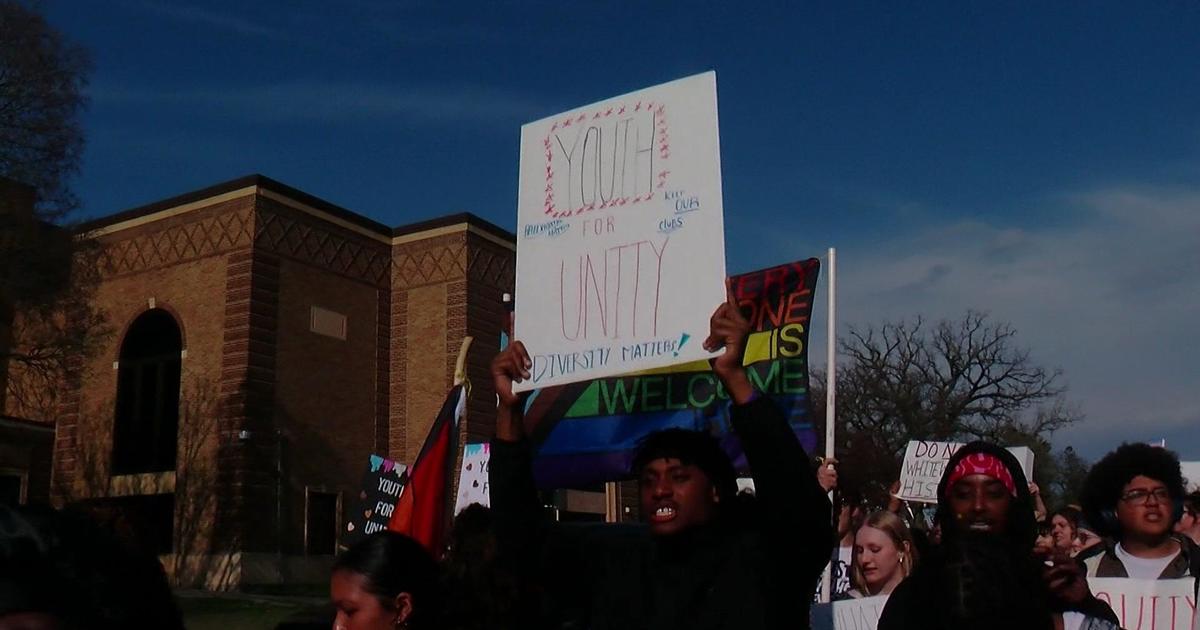Drones, Officer Investigations Up For Vote In Senate
ST. PAUL, Minn. (AP) — Law enforcement agencies would be banned from using drones without a warrant except in certain emergency situations under a bill up for a vote in the Senate on Thursday, a step toward setting the first set of guidelines for unmanned aerial vehicles.
The new drone regulations are just one piece in a grab-bag of policy changes that would also mandate external investigations for officer-involved deaths and restore voting rights to felons after they're released from prison. A vote was expected later Thursday.
Minnesota lawmakers started charting a course for drone regulations before the legislative session began, sensing a need to weigh in before their use expands — particularly into police and sheriffs offices. The bill requires local governments to sign off before law enforcement agencies purchase a drone and then requires a search warrant in order to collect images except in emergencies, rescue missions, natural disasters or suspected cases of terrorism.
After a spate of officer-involved deaths nationwide, the bill also tries to head off concerns about the integrity of officer investigations by mandating an outside probe.
"In some communities, there is a lack of confidence in the agency investigating itself to determine whether or not police misconduct occurred," said Sen. Ron Latz, DFL-St. Louis Park.
State officials would handle investigations into deaths or cases of severe injuries in St. Paul, Minneapolis, Duluth and Rochester — Minnesota's largest cities. Law enforcement groups were generally on board with the change, noting that most Minnesota outfits already hire external investigators.
But voting rights was the highlight for Demetria Carter, a mother of two still on probation from spending 78 days locked up in 2008 when mental illness and drug addiction culminated in her making fraudulent charges on a work credit card. She'll spend another 10 years on probation, which means no voting due to current law.
"I'm 60 years old. I cannot vote for 10 years," she said in an interview Thursday.
If passed into law, that roadblock would be removed and an estimated 47,000 felons would be able to vote immediately after their release from prison. Its spot in the bill gives an avenue to make it over to the House, where some lawmakers were hesitant to take up the measure.
The Senate also passed a budget bill that bumps up salaries for state employees across the judicial system, puts up money for the state to design a plan to combat terrorism recruitment and bumps up the fine for repeat texting-while-driving offenders from $50 to $300.
(© Copyright 2015 The Associated Press. All Rights Reserved. This material may not be published, broadcast, rewritten or redistributed.)



